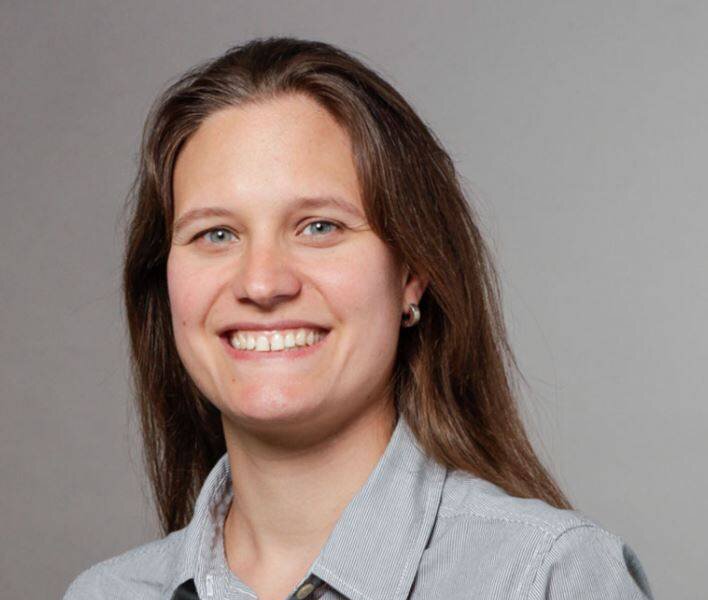HSLU expanding research into robotics
Lucerne - The Swiss National Science Foundation is supporting application-oriented research at the Lucerne University of Applied Sciences and Arts (HSLU). This will allow robotics research to be expanded, among other aspects. Plans are also in place to improve research in the area of quantum cryptography.
According to a press release, the Lucerne University of Applied Sciences and Arts (HSLU) was awarded two Practice-to-Science grants from the Swiss National Science Foundation (SNF). This should lead to an improvement in application-focused research work. In specific terms, the fresh funding will be used to support the work of a researcher at the Lucerne School of Engineering and Architecture as well as another researcher at the Lucerne School of Computer Science and Information Technology, whose work is focused on the area of quantum cryptography.
Adrian Koller will be active in the field of robotics at HSLU. Previously, he was responsible for developing high-precision mechanics for the satellite-supported optical data transmission at RUAG Space, among other roles. His current work is focused on mowing robots, with Koller now keen to try this technology out on pastures. Here, the robots would primarily be used to remove weeds left behind by grazing cows. “Our approach is that the machine essentially shares the workload with the cattle”, explains Koller in the press release.
In the area of quantum cryptography, HSLU will have the expertise of Esther Hänggi at its disposal. With her work, Hänggi aims to contribute to improving protection for critical IT infrastructures against cyber-attacks. The objective is to develop better solutions than would otherwise be possible using conventional encryption technologies.
The Practice-to-Science program operated by the SNF is currently still in the pilot phase. The grants are intended to allow universities of applied sciences and teacher training institutes to employ researchers as professors for a limited period. Funding of 200,000 Swiss francs per year is extended for a maximum of three years to support this work.
“Universities of applied sciences are reliant on experts with practical experience”, comments Viktor Sigrist, Head of Research at HSLU. The financial backing from the SNF will help to encourage specialists to pursue careers in academia.

